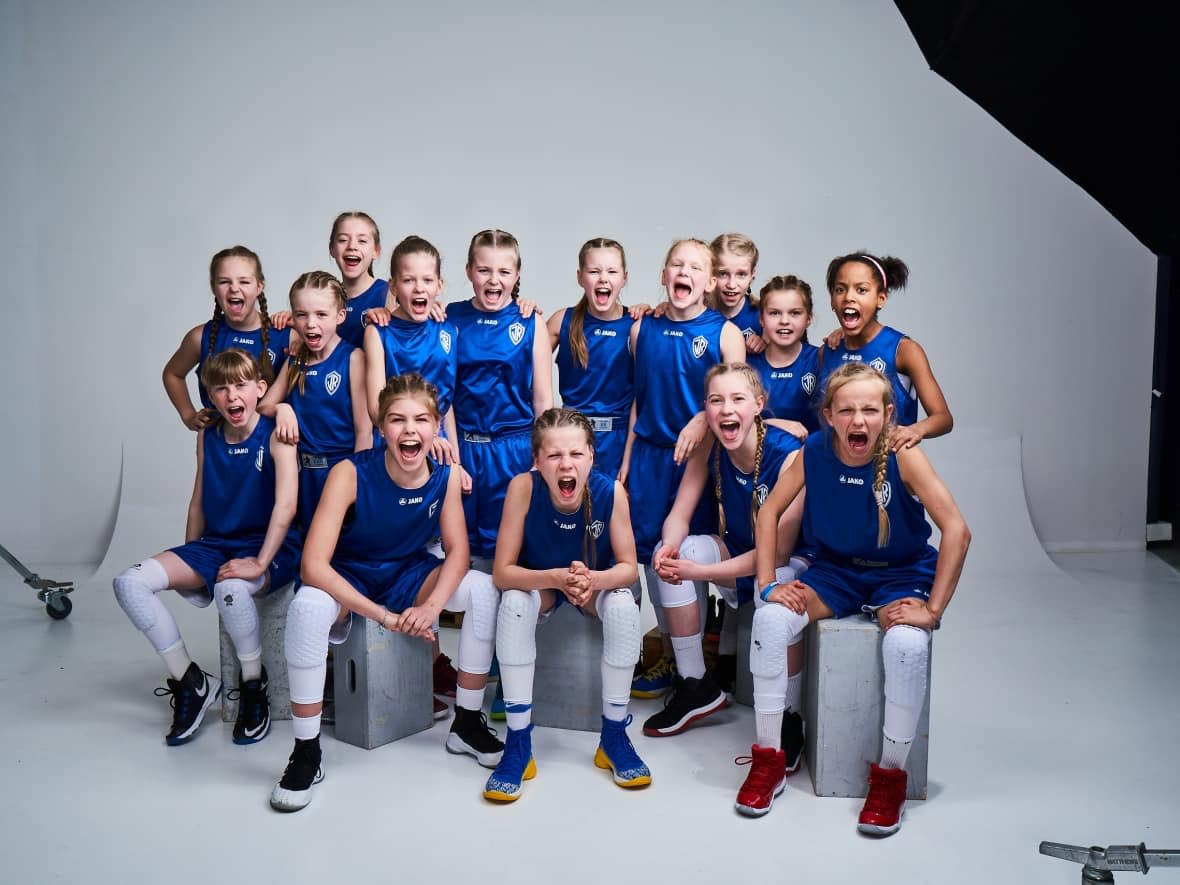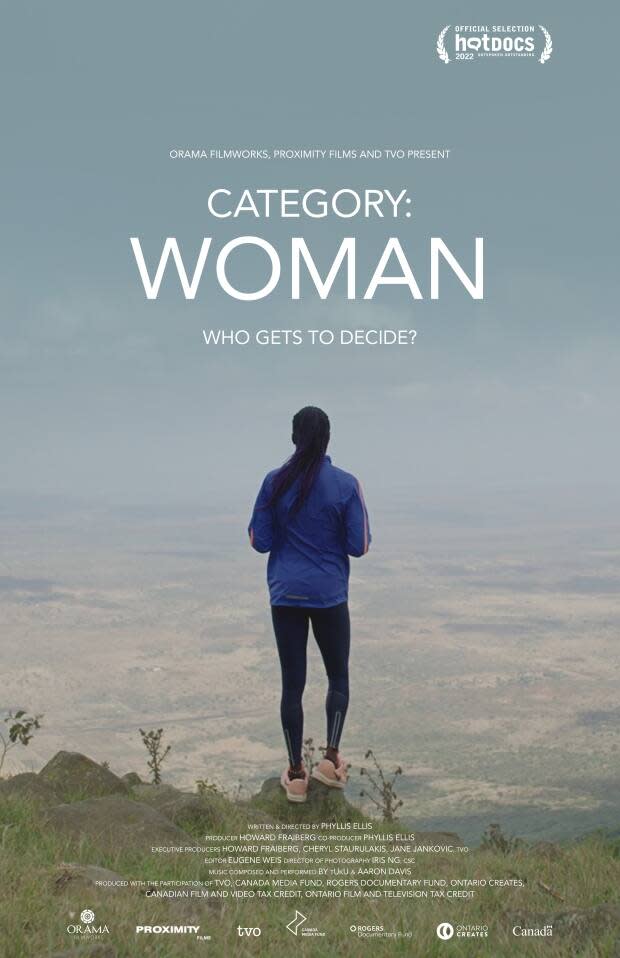Canadian Sport Film Festival showcases powerful impact of sports on society

This is a column by Shireen Ahmed, who writes opinion for CBC Sports. For more information about CBC's Opinion section, please see the FAQ.
The only thing I love as much as sports are documentaries and films about sports.
The Canadian Sport Film Festival (CSFF) is the best film festival that you have probably never heard of. It was the brainchild of Russell Field, an academic who in 2008 came up with the idea in a small but charming apartment in Baltimore while doing post-graduate work.
His vision was to use sport (broadly defined) as a lens to better understand human moments — personal, political, human rights and activism. The festival showcases the powerful impact of sports on society. Field calls it a sports and social justice film festival.
A historian with a particular interest in the effects of sport on society, Field often used film in his teaching. Although he knew little about the film industry, he thought the cross-section of sports and film was a powerful way to share information and delve deeper into issues in sports and social justice.
The annual festival started as a one-man project but now has a 10-person board of directors, a communications person, an operations manager and a programming committee that selects the films. Field said they are always looking for volunteers.
I was part of the selection committee a few years ago and enjoyed watching films from all around the world and ranking them. At least two people view each film and the ones that rank highest are discussed and debated and then brought to the committee to decide. Field sad this process is one of the most invigorating parts of the festival. There are anywhere from 100-150 submissions to CSFF.
This year the festival is running at TIFF Lightbox in Toronto from Nov.18-19, and online from Nov. 18-24. It has four main screening slots, one free screening for youth and one youth workshop. Russell intended this to not only be a place to watch films from all over the world, but it is also a place to discuss different ideas and share learnings. Provoking dialogue is part of the concept of the CSFF and there is a Q&A after every screening.
"Conversation is a key part of what we do," Field said.
Sherien Barsoum is a renowned independent Canadian film director and producer, and a founding member of the Racial Media Equity Collective. Her documentary, Butterflies in the Trenches, was featured at CSFF in 2018. I moderated the Q&A afterward between Barsoum and Curtis Carmichael, the athlete she chronicles for the film.

"CSFF fills a special space in the Canadian festival landscape — the intersection of sport and social issues can easily be overlooked," Barsoum said recently over text. "But given the massive space sport takes in our lives and across the globe, it's critical to pay attention to this intersection."
There are more than 80 film festivals in Toronto every year, but this one is different because it seeks to connect with people all over the country and not be situated in one place.
This idea is critical to Field's mission of the film festival. CSFF has had events in Winnipeg where they have shown short films on a screen made of snow that was built by staff from The Forks, an Urban national park neighbourhood and gathering space in Winnipeg.
Field said that while growing the festival and increasing visibility is important, community partnerships are essential and staying closer to the community — not further away — is the goal. The corporatization of events can sometimes be inevitable but there is power in grassroots communities and art.
"We want to be taking the show on the road and not coalescing on a red carpet," he said.
Yes, ticket sales are necessary to cover the costs of the festival, but growing in a way that stays intentional is important. The CSFF encourages people to think about local communities and also encourages and supports filmmaking and storytelling from youth. And it is also a way for educators to share their own research and work.
Courtney Szto is a sports sociologist and her debut film, Revolutions, will be showing at the CSFF this weekend. Szto, an assistant professor at Queen's University, explained why her film about cycling and the environmental impact of throwing away bikes was a perfect fit for the CSFF.
"As a fan of film and sports, the Canadian Sports Film Festival was a no-brainer when it came time to submit Revolutions to festivals," Szto said over text. "It's a unique space for critical reflection and discussion. Considering that most of our work in the academy takes place far away from public eyes, something like CSFF is a great way to translate our research for general consumption."
The films are intended to engage audiences but also include different communities and broaden the definition of sports for movie-goers.
The opening-night film from Iceland, Raise the Bar, is about a girl's basketball team who must be resilient and play against boys in addition to combatting general sexist attitudes in their spaces. The CSFF invited local girls' basketball teams and organizations to attend for free.
Perhaps one of the young athletes is a budding filmmaker and seeing stories about players from all around the world is empowering. As sports remain a vehicle for powerful discussions in society, cinema is an impactful medium by which to share and learn more about it. Come for the popcorn but leave loving sport and be better informed because of it.
At a time when Canadian sports and NSOs have been in crisis, we need focused engagement in important discussions around sports. The CSFF might just be the perfect answer.


